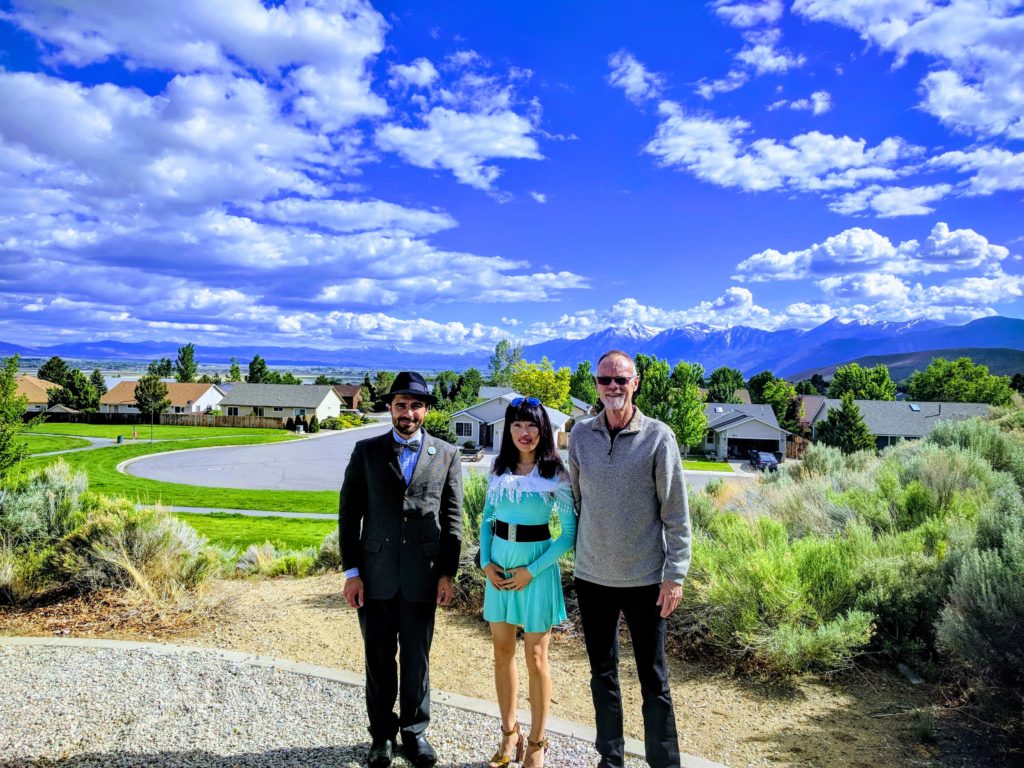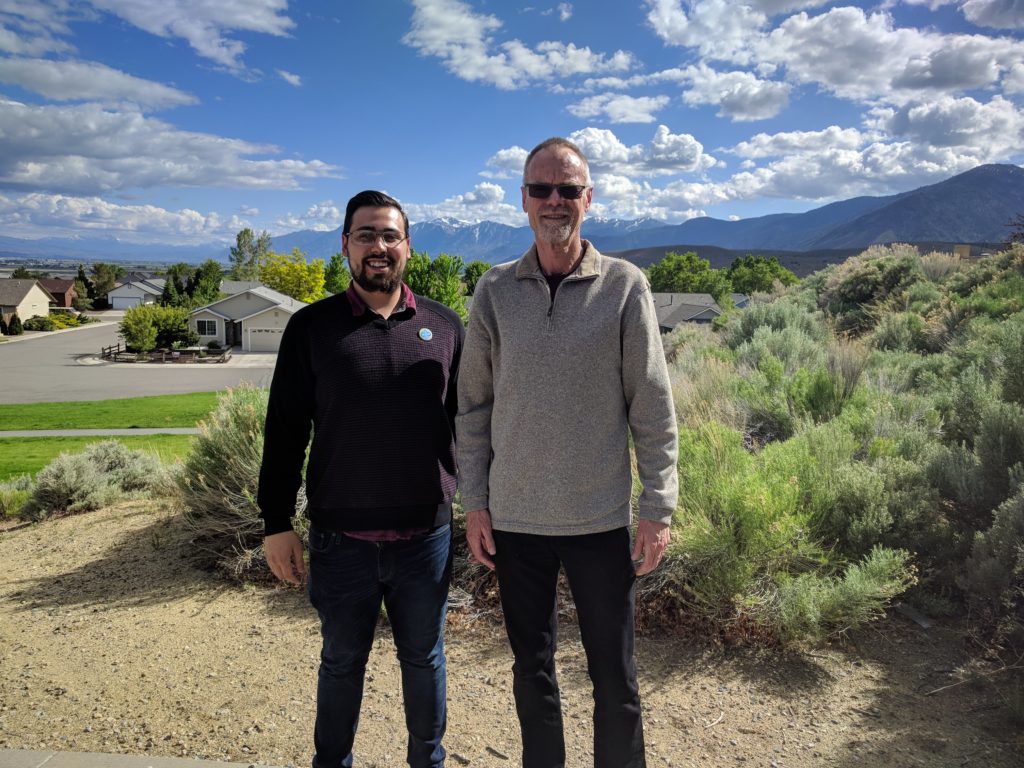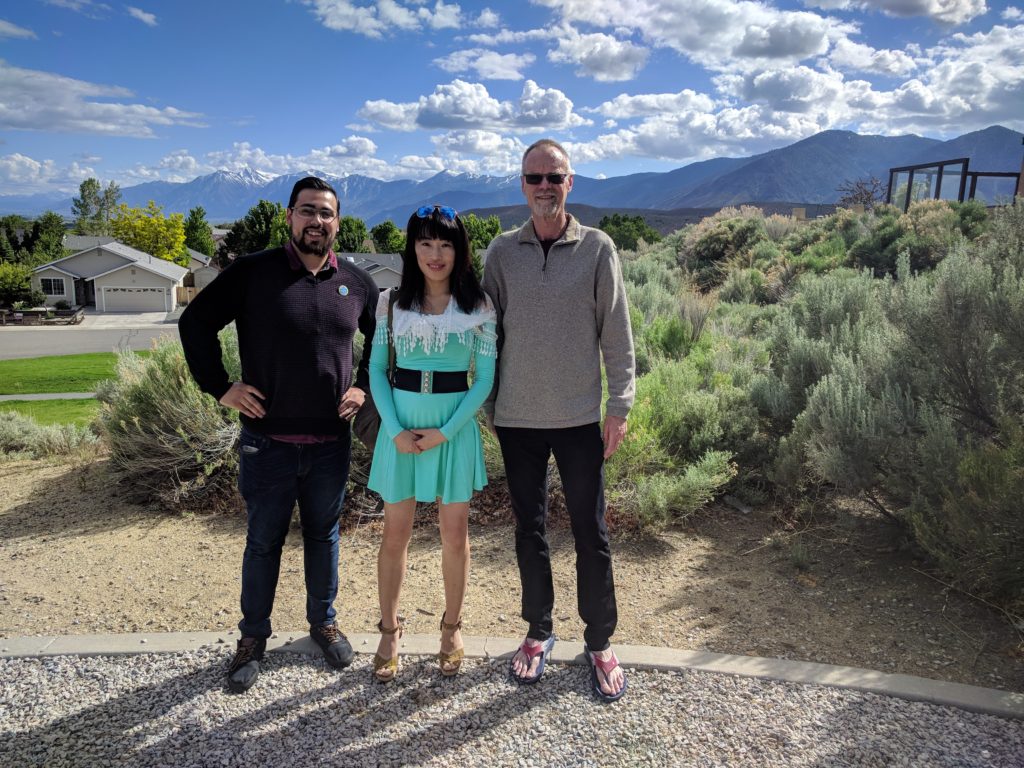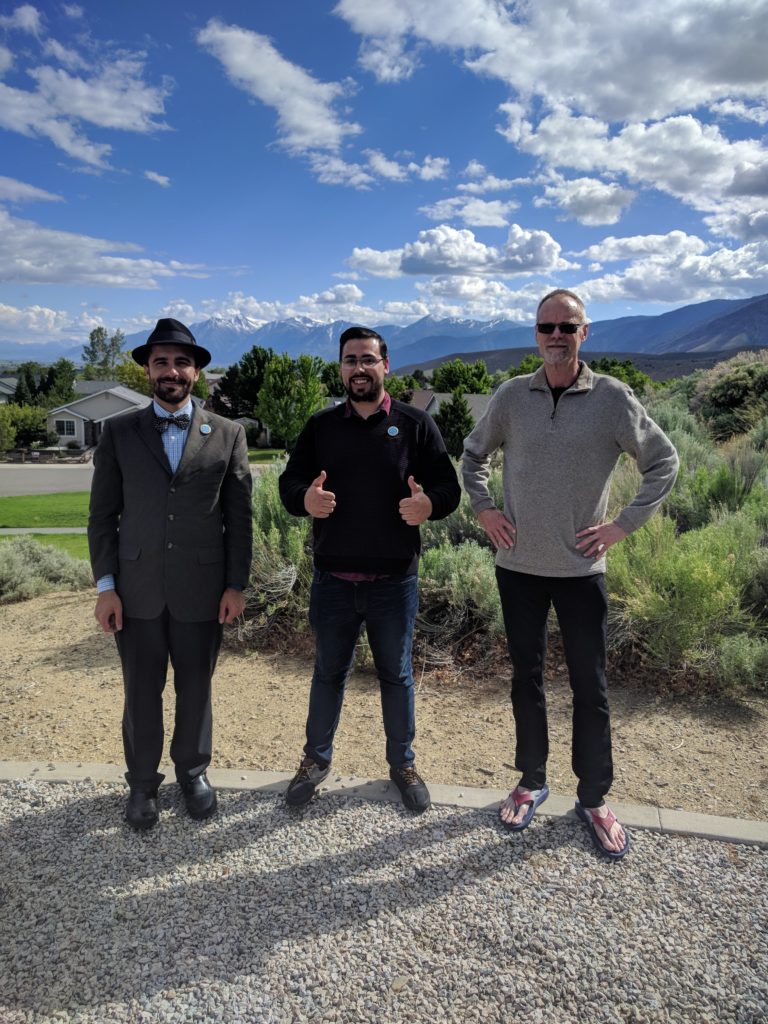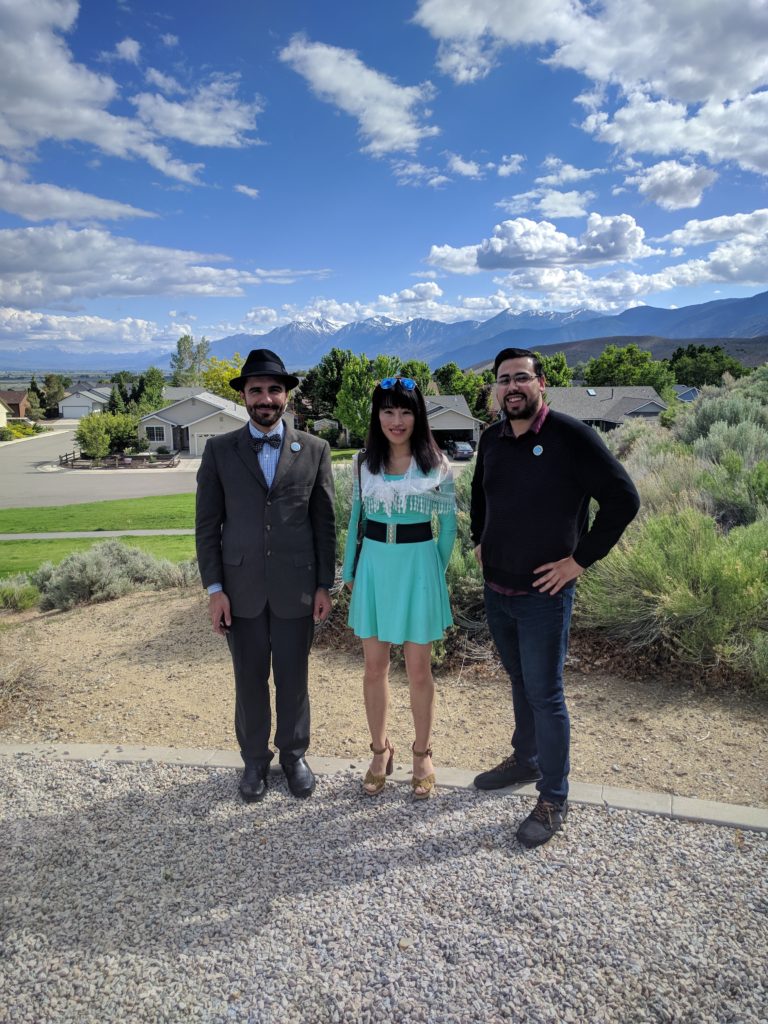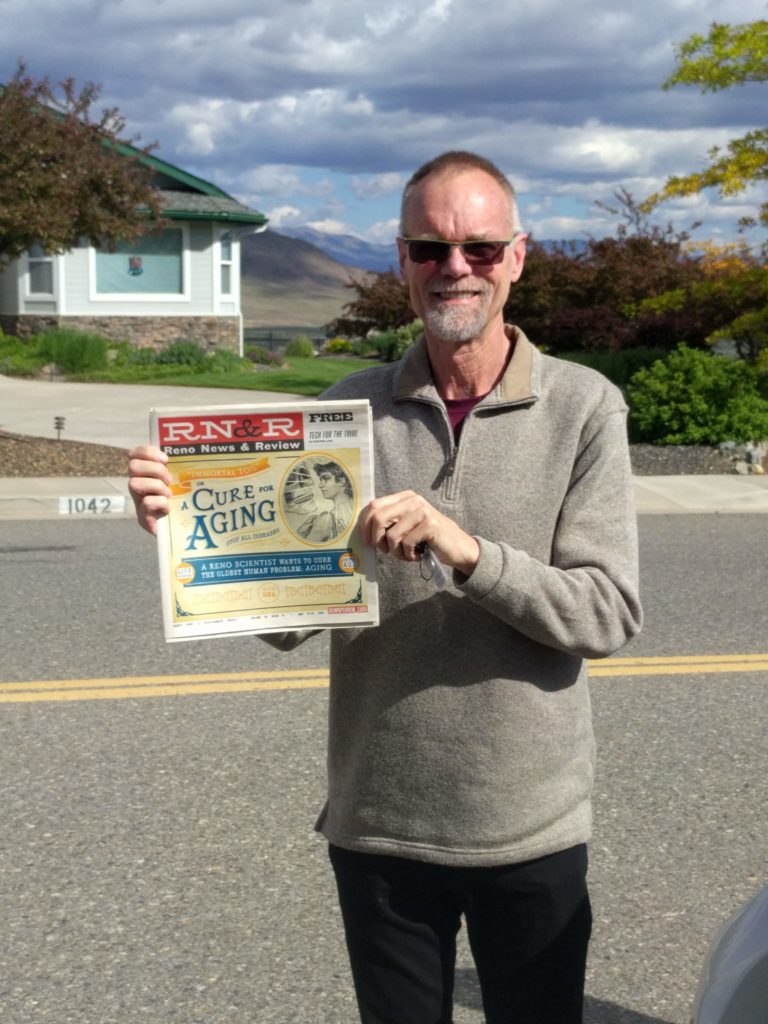Global trade made my little flat a place of international treasures.
***
I live in a studio apartment, so my kitchen is my living room is my bedroom. The other day, I was staring out my sole window when something startled me. (And it wasn’t the subwoofer two floors up.)
It was my coffee. While sipping from my mug, I glanced at the bag of beans. It read, “Origin: Ethiopia.” Next, I read the text on the bottom of my laptop: “Designed by Apple in California. Assembled in China.” I looked down at my necktie: “Bruno Piatelli. Roma.”
This little exercise became a game. From what other far-off places did my stuff come? I sleep on bed sheets from Egypt. I drink bottles of Shiraz from Australia. I pour Canadian maple syrup on my pancakes. Some things weren’t technically “foreign,” but they still came a long way: books printed in New York, apples grown in Washington orchards, and beer brewed in St. Louis.
Within the narrow confines of my apartment was an expansive world market — a veritable microcosm of the global economy.
What startled me most wasn’t that so much had traveled so far. Rather, it was that I found nothing from my own city. While I had purchased some items in Madison, they didn’t originate here.
What about the “buy local” bandwagon? If I were to follow the consumer movement du jour to its fullest extent, I’d be much poorer. Because of a much more constrained division of labor, I’d spend more money on lower quality goods. I probably wouldn’t even have coffee, and I certainly wouldn’t own an Italian necktie.
Yet I don’t intentionally avoid local goods. Every Saturday morning, like a ritual, I visit the county farmers market. I buy delicious seasonal fruits, vegetables, and cheeses from nearby farmers — not because they’re local, but because they’re the best. Produce tends to be tastier if it hasn’t spent a week on a flatbed.
Adam Smith once wrote, “In every country it always is and must be the interest of the great body of the people to buy whatever they want of those who sell it cheapest.” The less trade is restricted between individuals and across borders, the more “the body of people” can “buy whatever they want” the “cheapest.” As society becomes more and more integrated, we can better take advantage of the division of labor, leading to lower prices, greater prosperity, and a higher standard of living for everyone.
When I buy a preferable foreign product instead of its domestic counterpart, I obviously benefit myself. I receive a better product at a better price. I also clearly help the foreign producer.
I benefit the domestic economy, too. By purchasing cheaper foreign goods, I reserve more of my money to spend elsewhere, including in domestic exchange. More importantly, I send a signal to domestic producers: don’t waste your time making that thing! By doing so, I incentivize domestic producers to reallocate their resources to more highly valued endeavors.
It’s true that free trade and globalization make the rich richer. But they also make the poor richer. Trade provides cell phones to people in developing countries. It increases wages. It fosters international peace. And it makes denizens of tiny dwellings feel like the freest, richest people in the world.
Four hundred fifty square feet doesn’t sound like much. Yet somehow I’ve managed to fit states, countries, and even continents inside. The most remarkable thing of all? I didn’t intend for this to happen. I didn’t decide one day to start purchasing only “foreign” goods. I never consciously attempted to avail myself of “exotic” treasures.
Nobody ever intends for this to happen. Every day, we make countless, often subconscious cost-benefit analyses. When it comes to purchasing actual goods, we weigh all the factors we care about — price, quality, size, shape, taste, and so on. We search for the highest quality consumer goods within our respective price ranges. Just by buying what we like, we unwittingly amass personal bazaars.
We are capable of planning only for our individual selves. Despite the ubiquity of cosmopolitan collections of consumer goods, nobody could ever plan for such a thing. We simply lack the capacity to organize an entire economy to fit our specific needs.
This was the keen insight of economist F.A. Hayek, who recently celebrated the 40th anniversary of his Nobel Prize. While he admitted that “all economic activity” involves planning, not all planning is the same. Because there’s “no dispute about whether planning is to be done or not,” what matters is “whether planning is to be done centrally, by one authority for the whole economic system, or is to be divided among many individuals.”
My apartment has only one window, but I feel like I can see the whole world. Every treasure I own is a window to a place I’ve never been and to people I’ve never met.
Joseph S. Diedrich is a Young Voices Advocate, a law student at the University of Wisconsin, and assistant editor at Liberty.me.
***
 Gennady Stolyarov II
Gennady Stolyarov II
